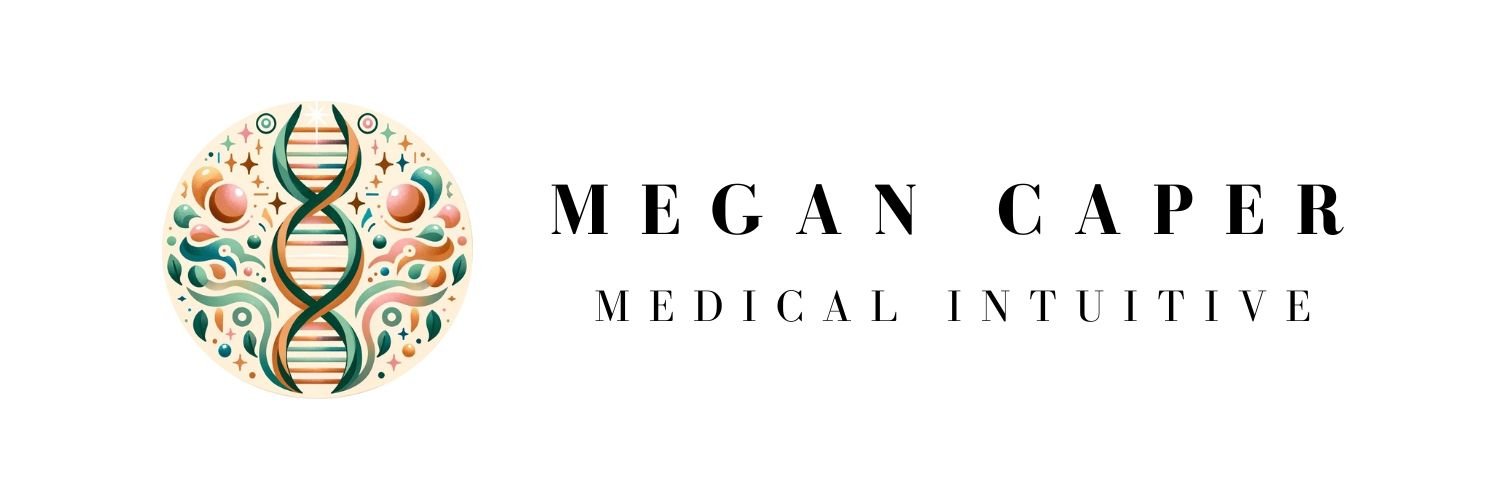It’s not all in your head! In fact, it’s all in your gut
If you’re someone who struggles with depression, anxiety or mood swings, I’ve got some news for you.
Your struggles aren’t all in your head, in fact they’re most likely in your gut.
Recent research shows that 95% of our serotonin (the happy mood regulating chemical) is made by bacteria in our digestive system. Surprisingly, our gut microbiome is responsible for much of our mood cognition and mental health.
It turns out that the state of our intestines and the health of the critters that live in them (our bacterial and fungal microbiome) can affect everything from hormone regulation to our immune system and most notably, our mood and cognition. Research shows that fluctuations in our microbiome cause changes in all of these systems and severe fluctuations can even cause disease in the long term.
There have been multiple studies that show that chronic depression and anxiety are linked to what’s called “gut dysbiosis” or an imbalance in the type, number, and location of various microbiome species. When researchers provided treatment that balanced the microbiome, levels of anxiety and depression decreased.
What does this mean for you? If you’re someone that tends towards anxiety or depression, the cause may not be all in your head. Of course, our past experiences and daily lives can affect our mental health, but it appears that even those experiences and trauma reactions affect our gut microbiome as well. Our head brains and gut brains work as one system when it comes to mood and cognition. Changes in our mood or stress level alters the makeup of our microbiome, and those alterations can in turn can affect our mood and stress levels. Like much of our physiology, it’s not so much cause and effect but rather homeostasis (or balance) that’s important.
How do I keep my gut critters happy?
Here are 4 ways to keep your microbiome’s critters happy and healthy:
1. Eat lots of plants. Our gut critters need to eat, too, and their favorite foods are what are called “prebiotics” found in vegetables, grains, and fruits. Make sure your’re eating a variety of these foods so your microbiome will have plenty to chow down on.
2. Eat or drink fermented or cultured foods. There are plenty of foods that contain the healthy bacteria and fungi/yeast we need. Things like sauerkraut, pickles, kimchi, kiefer, yogurt and miso are all good sources of bacteria that our guts love.
3. Avoid preservatives, artificial sweeteners and food coloring. All of these have been shown to decimate our microbiome. When possible, avoid these additives in your food. Some common food preservatives too look out for on nutrition labels are: nitrates/nitrites, sulfites, parabens, cellulose, and MSG.
4. Meditate regularly. The list of health benefits from meditation keeps growing! There’s a study that recently came out which shows that the gut microbiome of Buddhist monks was healthier that that of neighboring residents in the same town. (I want it noted that the study states that, “All samples were collected and measured by professionals,” meaning that someone had the job title of “monk poop collector” for the duration of this study.)
If you suspect that your mood issues are gut related and you’ve tried all of the above without success, you can always reach out to me. I’m always happy to answer questions, and energy healing is another great way to address microbiome issues. I have many happy clients who have balanced their gut health through our sessions.








